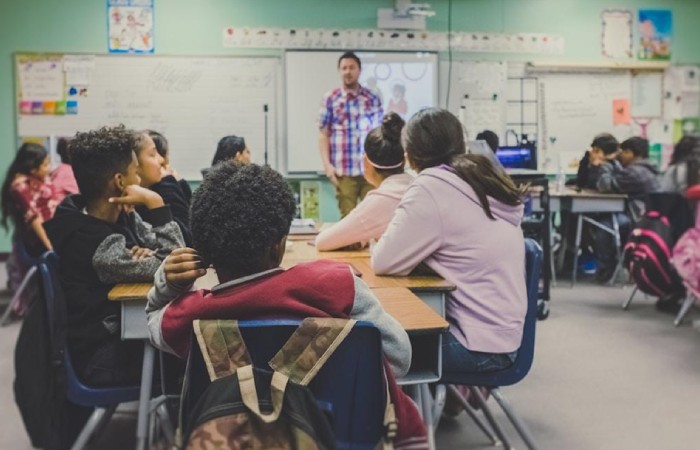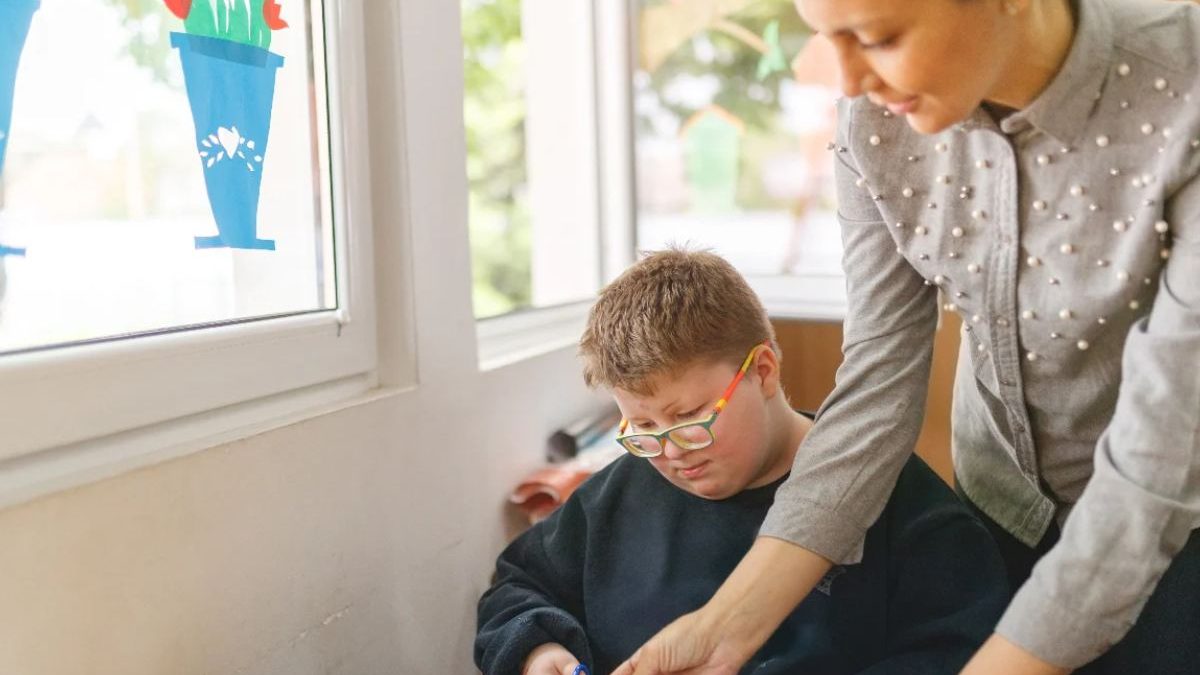The journey to becoming a Special Education Specialist is marked by a deep commitment to enriching the lives of students with distinctive learning needs. At the heart of this profession lies the drive to provide individualized instruction that nurtures academic growth and personal development. Prospective specialists in this field must be well-equipped with the right educational background, certificates, and hands-on experience, alongside a passion for continuous learning and advocacy. If you aspire to make a significant impact through special education, understanding the responsibilities and requirements of the role is the first step. Below, we detail the path to this rewarding career.
Table of Contents
Understanding the Role of a Special Education Specialist

Special Education Specialists play a vital role in supporting students with disabilities to reach their potential. They collaborate closely with teachers, parents, and staff to develop and implement individualized education plans (IEPs) tailored to each student’s needs.
These professionals provide academic, emotional, and behavioral support, fostering inclusive environments and adapting strategies as necessary. Empathy, patience, and teamwork are crucial attributes, as they advocate for students and coordinate with other professionals. Extensive education and training are required to excel in this role, ensuring compliance with legal and ethical standards.
Educational Requirements for Aspiring Special Education Specialists
Embarking on a career in special education requires a strong educational foundation, typically beginning with a bachelor’s degree in special education or a related field. These programs cover crucial topics like instructional strategies, classroom management, and child psychology, essential for effectively working with students with special needs. Field experience under supervision is also integral, providing hands-on training.
Many specialists pursue a master’s degree in special education for deeper knowledge and specialized skills to handle complex cases. This advanced degree can open up more career opportunities and potential leadership roles within the education system.
Securing scholarships for high school seniors interested in special education can be a vital first step in their journey, offering financial support and access to professional networks and resources. Understanding and implementing inclusive education is fundamental, requiring proficiency in differentiated instruction and assistive technologies to create accessible learning environments for all students.
Necessary Certifications and Licenses in Special Education
Upon completing their education, aspiring Special Education Specialists must obtain state certifications and licenses to practice. These credentials demonstrate competency and dedication, often requiring passing exams and fulfilling continuing education obligations.
Certification criteria vary by state, covering specific subjects or grade levels. Prospective teachers should consult their state’s Department of Education for precise guidelines. Some states offer national certification through organizations like the National Board for Professional Teaching Standards (NBPTS), enhancing job prospects and demonstrating commitment to the profession.
Special Education Specialists can further their expertise by pursuing endorsements or certifications in areas such as autism spectrum disorders or visual impairments. These additional qualifications, such as https://online.uc.edu/endorsements/transition-to-work-endorsement/, enhance educators’ ability to support specialized student populations.
Building Experience: Strategies for Gaining Expertise in Special Education

Becoming a proficient Special Education Specialist involves completing educational and certification requirements and gaining real-world experience. This often starts with internships or practicum experiences during studies, providing opportunities to learn under seasoned professionals.
Mentorship is crucial for building expertise, and offering guidance and insights into special education. Networking through professional associations and conferences also enriches knowledge and resources.
Starting in general teaching roles before transitioning to roles focusing on special needs students is common. Volunteering for relevant tasks demonstrates commitment and builds experience.
Engaging in different settings like public or private schools broadens skills and understanding. Each context offers unique challenges and learning opportunities. Furthermore, there are many options of online tutions platforms like Tutor Map which helps you to enhance your education structure.
Staying Current: Continuing Education and Professional Development in Special Education
Special Education Specialists must prioritize lifelong learning to stay updated with evolving teaching methods and strategies. This involves attending workshops, seminars, and professional development courses. Staying informed about legislation, educational technology, and best practices ensures compliance with regulations and effective support for students with special needs. Professional memberships in organizations like the Council for Exceptional Children (CEC) help specialists stay current with trends and policies.
Collaboration skills are also vital, as specialists work closely with educators, therapists, and families. Professional development should include training in communication, conflict resolution, and team-building. Continuous learning aims to create more inclusive and effective learning environments, fulfilling the altruistic mission of special education to help every student succeed.
Overall, becoming a Special Education Specialist requires a combination of rigorous education, hands-on experience, and a commitment to continuous professional development. It’s a calling for those passionate about making a difference in education and advocating for the potential of every student. As society increasingly values personalized education, the need for skilled and compassionate specialists in this field will continue to grow, positively impacting the lives of many students and educators.

